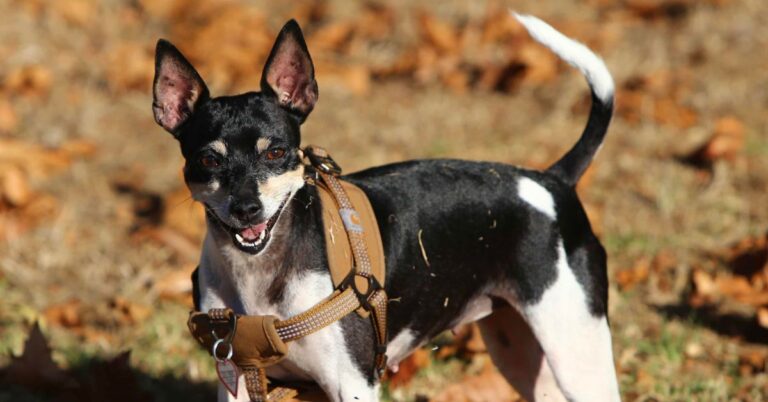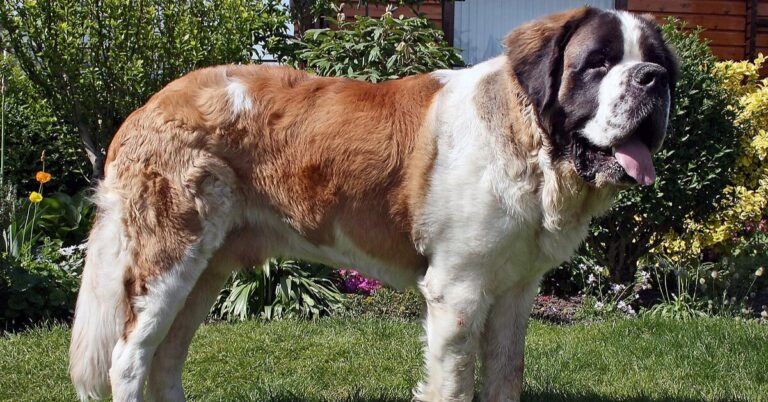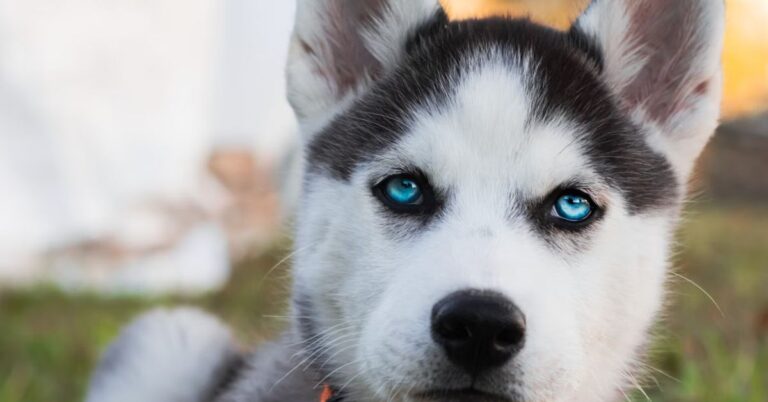11 Dog Breeds Prone to Being Overweight

Some dog breeds are more susceptible to weight gain than others, often due to genetics, a slower metabolism, or a big appetite. Managing their diet and exercise routine is vital to keeping them healthy and preventing obesity-related issues. Let’s take a look at 11 dog breeds that are prone to being overweight.
Labrador Retriever
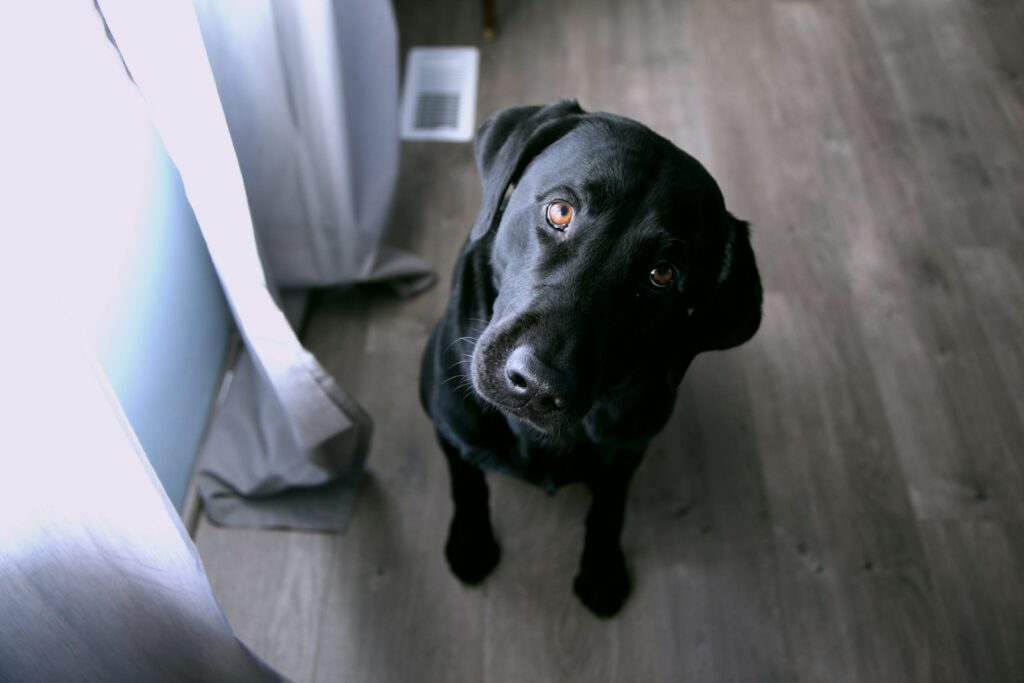
Labrador Retrievers are one of the most popular breeds, but they are also susceptible to obesity. Labs tend to have enormous appetites and are excellent at convincing their owners to give them extra treats. Combined with a naturally slower metabolism as they age, Labradors can quickly gain weight if their food intake and exercise aren’t carefully monitored.
Beagle
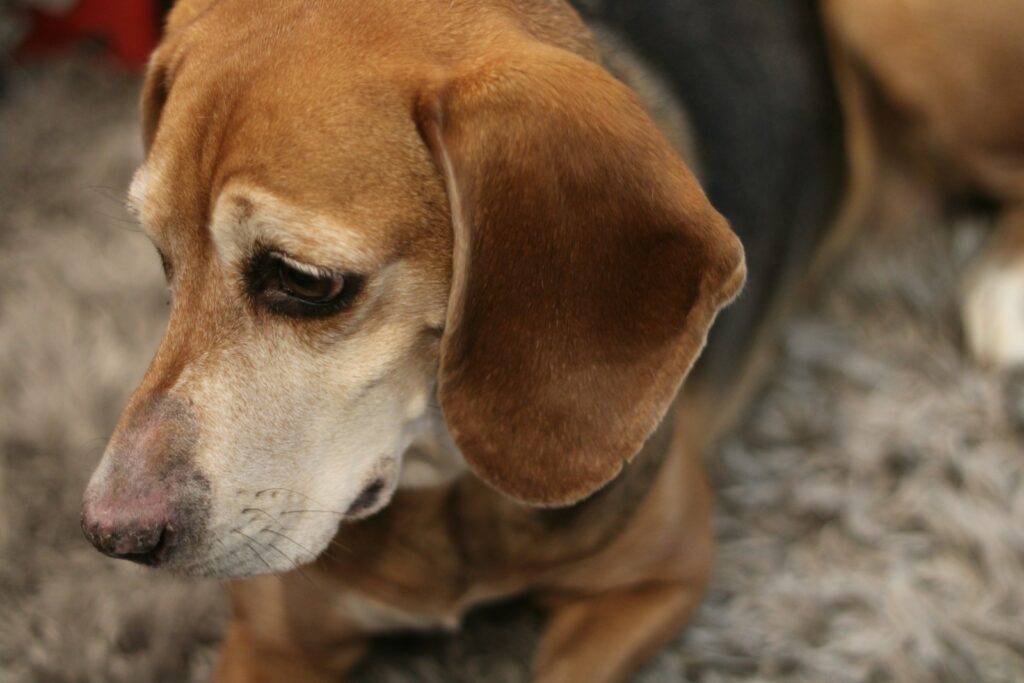
Beagles are energetic dogs but have an insatiable appetite that can lead to weight gain if not properly controlled. They were bred as hunting dogs and would eat whatever food was available, often well past the point of being full. Beagles are prone to begging and can quickly put on weight if not given a balanced diet and regular exercise.
Dachshund
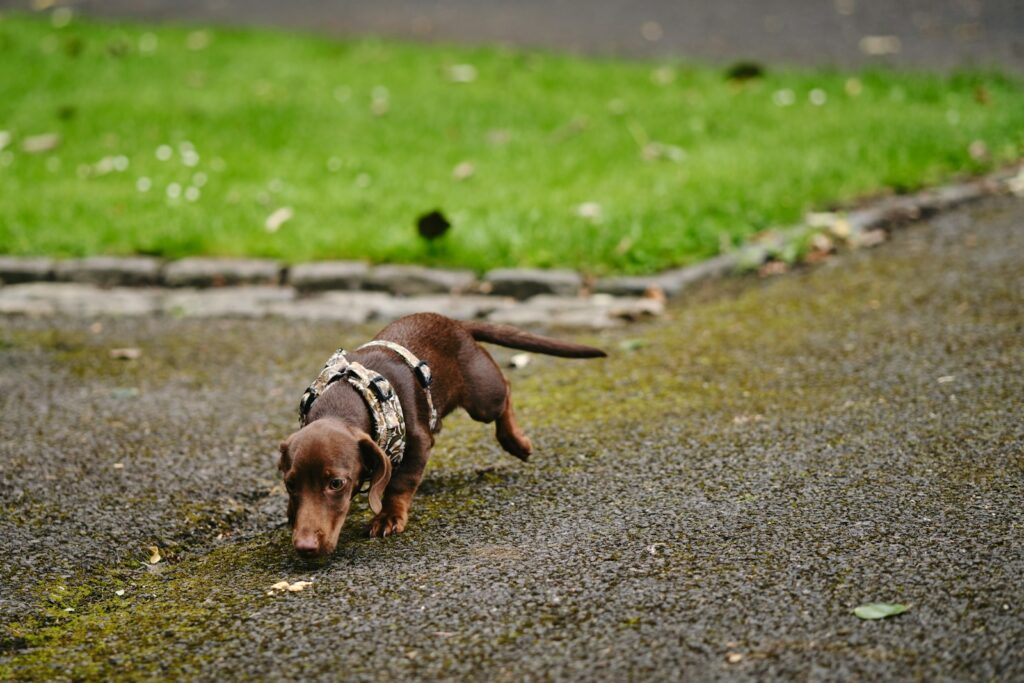
The Dachshund’s long body and short legs make it more difficult for them to carry excess weight. Unfortunately, this breed is highly susceptible to obesity, which can lead to serious spinal problems like intervertebral disc disease. Because they are more petite and love to lounge, owners need to ensure that their diet is portion-controlled and that they exercise enough to stay fit.
Cocker Spaniel
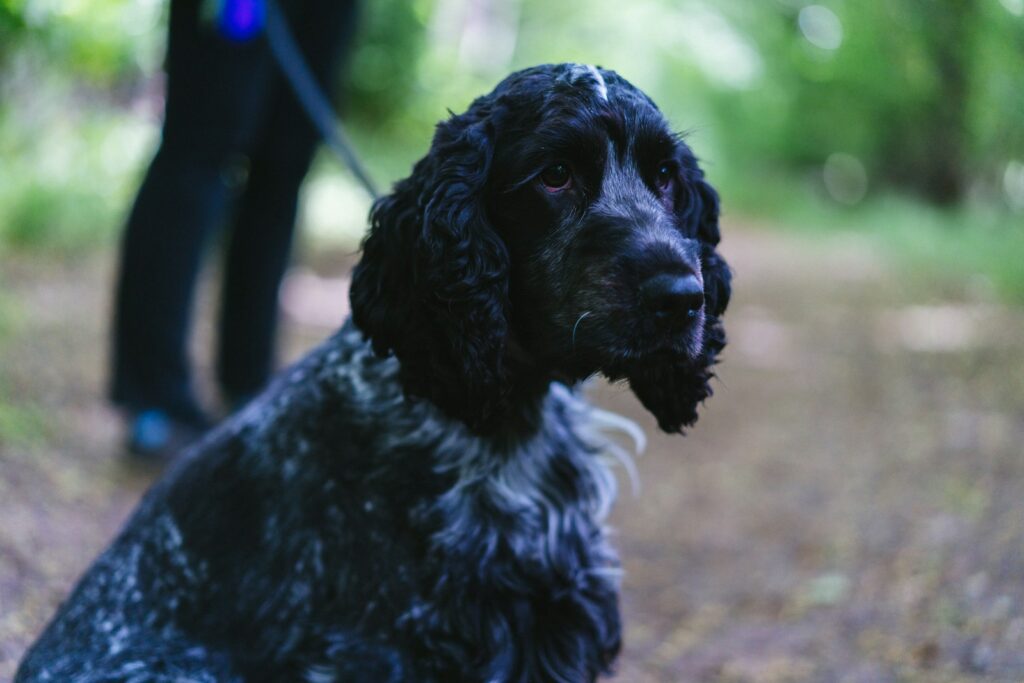
Cocker Spaniels are active outdoors, but they also love relaxing and enjoying treats at home. Their love for food combined with a predisposition for gaining weight makes them susceptible to obesity, especially as they age and slow down. Maintaining a regular exercise routine and controlling portion sizes is essential to prevent weight gain and related health issues.
Basset Hound
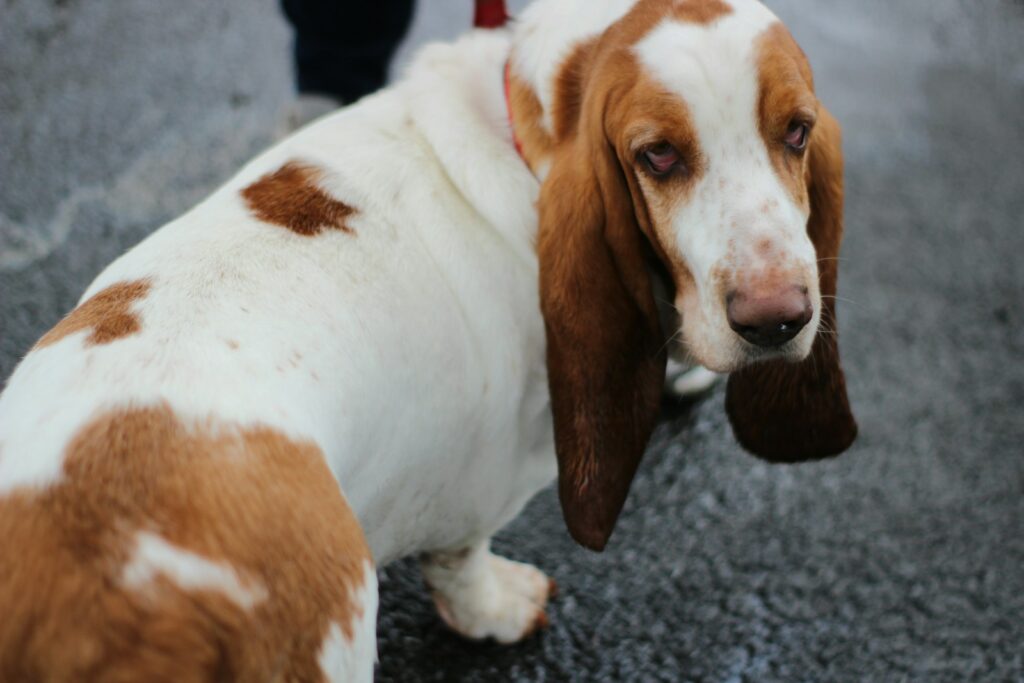
Basset Hounds have a naturally slow metabolism, which, combined with their laid-back personalities, makes them prone to gaining weight. Their droopy, soulful eyes make it hard for owners to say no to extra food, but it’s essential to resist overfeeding. Obesity can lead to joint problems, especially with their long backs and short legs, so you need to keep their weight in check.
Pug
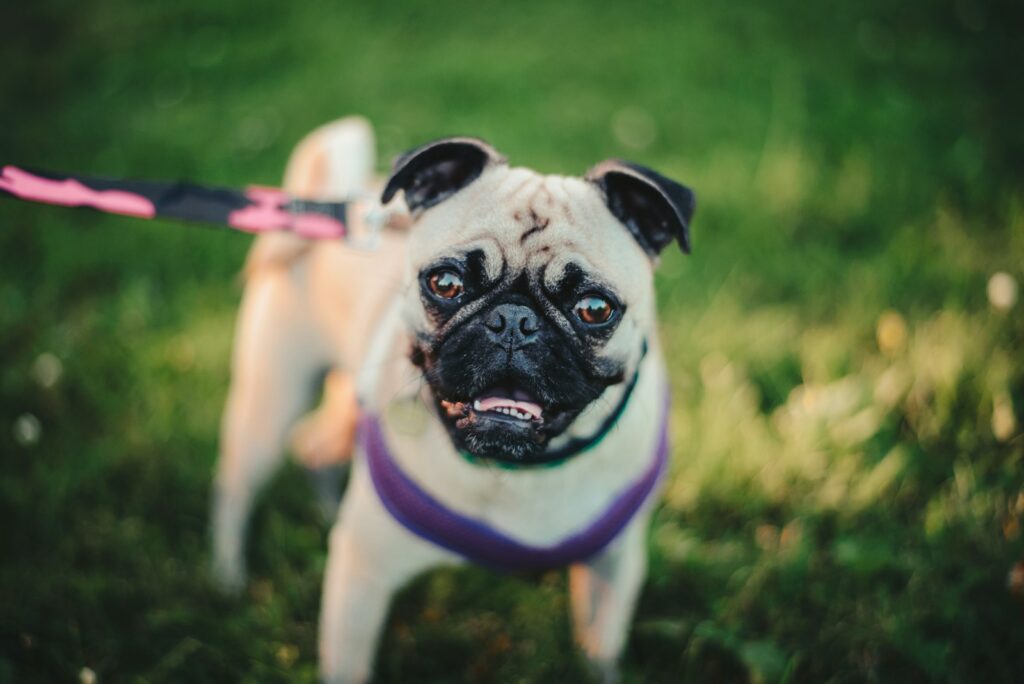
Pugs are notorious for their love of food and their low activity levels, especially as they age. Their stocky build doesn’t help, making it easy for them to pack on the pounds. Additionally, Pugs have a tendency to overheat and experience breathing problems due to their brachycephalic (flat-faced) structure, which can make exercise more challenging. Careful portion control and regular walks are important for their health.
Boxer
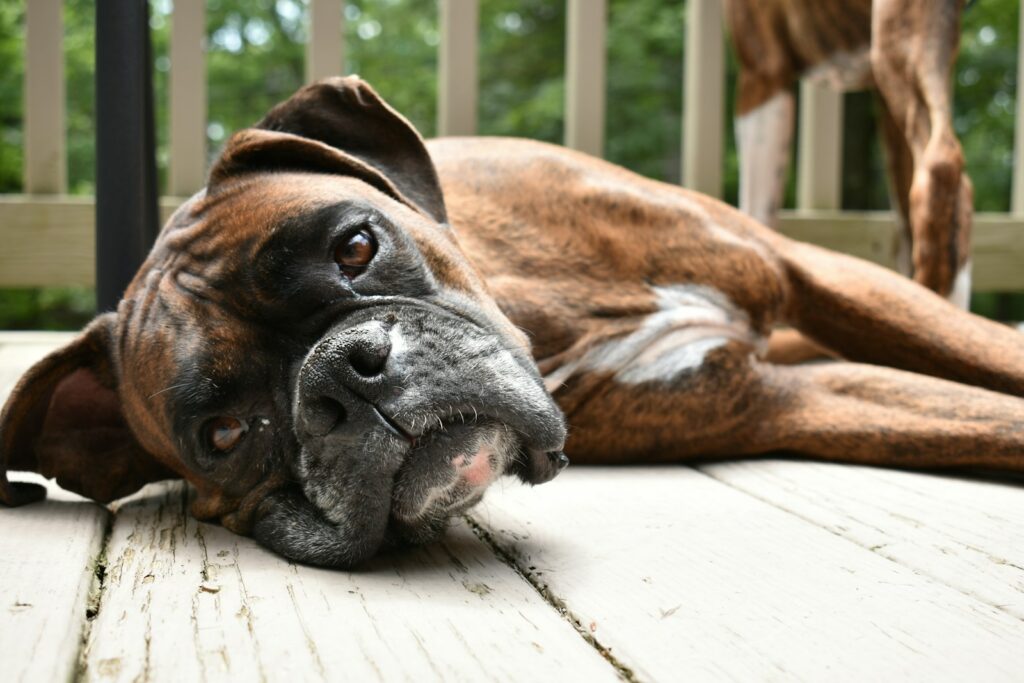
Boxers are usually energetic dogs, but as they age, they can slow down and become more susceptible to weight gain. They love to eat and can easily gain weight if not given regular exercise and a well-balanced diet. Extra weight can put a strain on their joints and cardiovascular system, so owners need to keep an eye on their calorie intake and activity levels.
English Bulldog
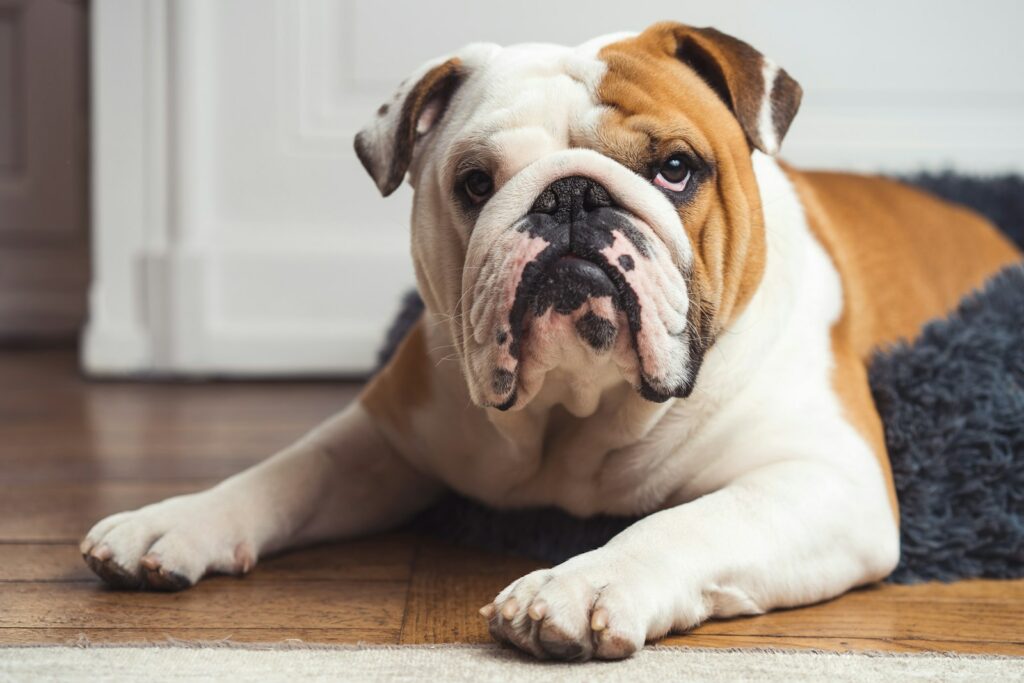
English Bulldogs have a stocky, muscular build that can easily become overweight if not properly managed. With their low energy levels and tendency to be couch potatoes, Bulldogs are at high risk for obesity. Extra weight can exacerbate the breathing problems common in this breed, as well as lead to joint issues. Owners should monitor their food intake andencourage gentle exercise.
Golden Retriever
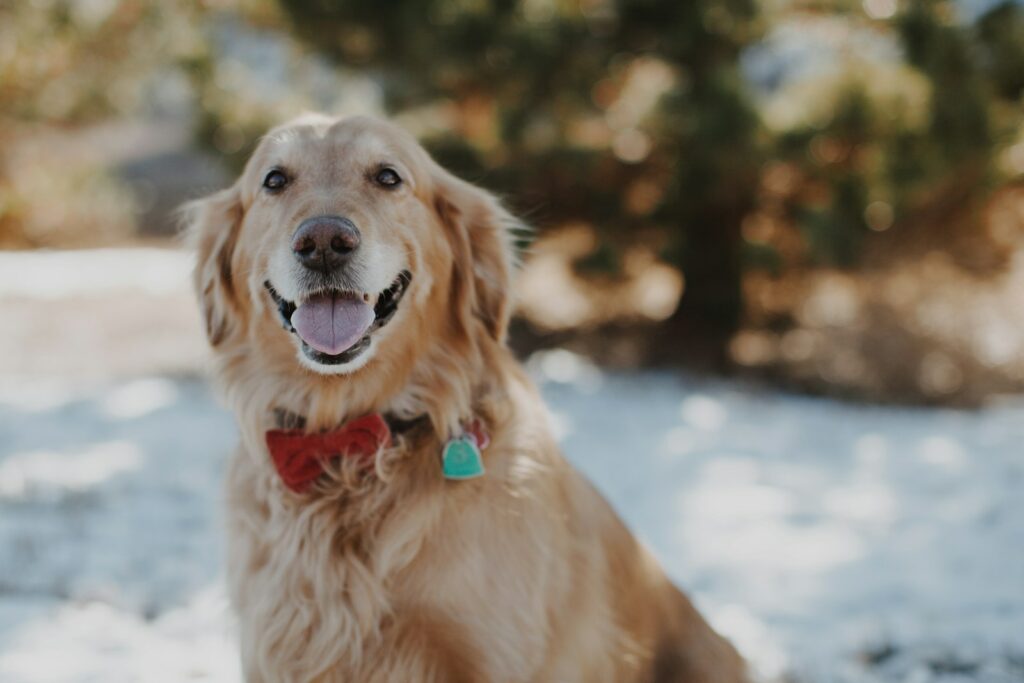
Golden Retrievers, much like their Labrador cousins, have big appetites and a tendency to gain weight. Goldens are often food-motivated, which can lead to overfeeding if portions aren’t controlled. They also slow down with age, making it easier for them to gain weight. Keeping their diet in check and providing plenty of physical activity helps prevent obesity and related health problems.
Rottweiler
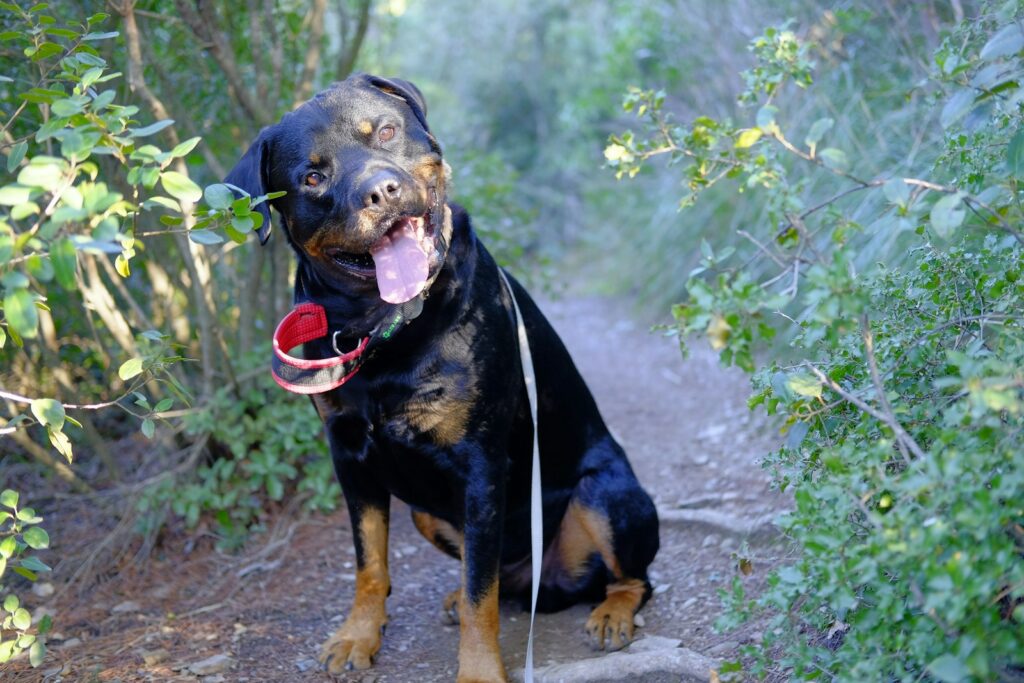
Rottweilers are large, powerful dogs, but they can become overweight if not given proper exercise. Their slower metabolism, combined with a strong appetite, makes them prone to weight gain, especially as they age. Extra weight can lead to joint and heart issues, so it’s important to ensure they stay active and have a balanced diet to maintain a healthy weight.
Scottish Terrier
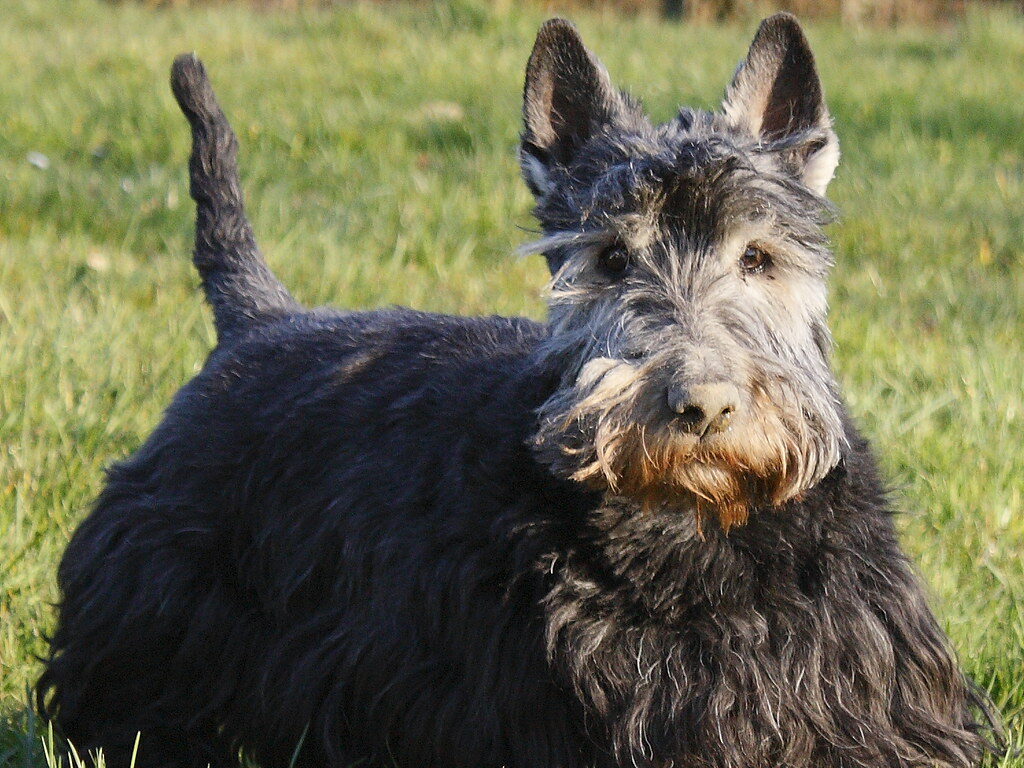
Scottish Terriers, or Scotties, have a compact body and are prone to weight gain if not properly managed. They enjoy eating and may overeat if given the chance, especially since they tend to be less active than some other terriers. Obesity in Scotties can lead to health issues like diabetes, so it’s essential to provide them with a balanced diet and regular exercise.

